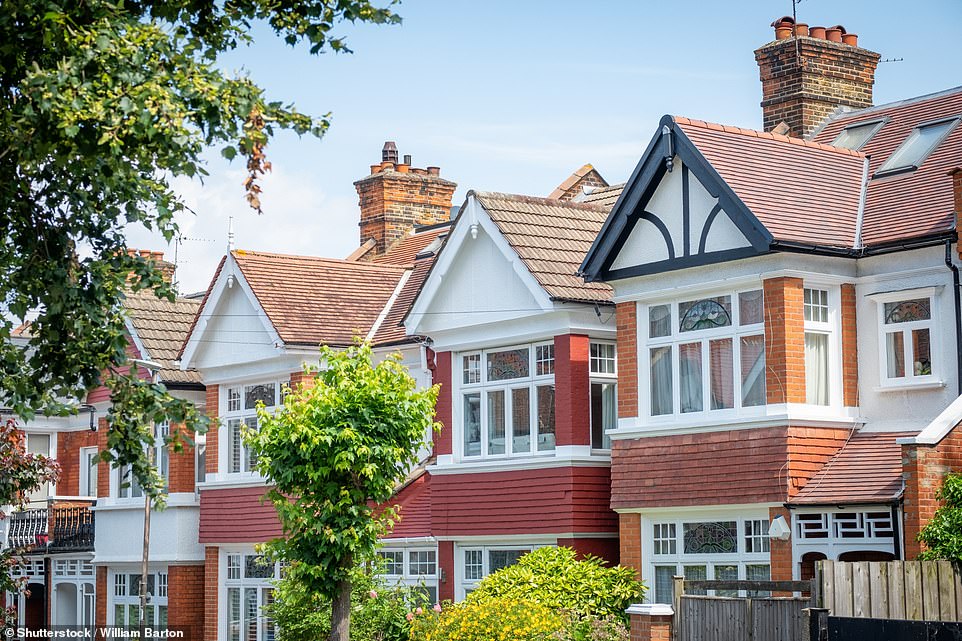
Property price tags across the whole of southern England have slid over the last year, fresh data reveals. Asking prices in London, the South East, the South West and the East of England have all ticked down as buyer confidence tumbles, according to property portal Rightmove.
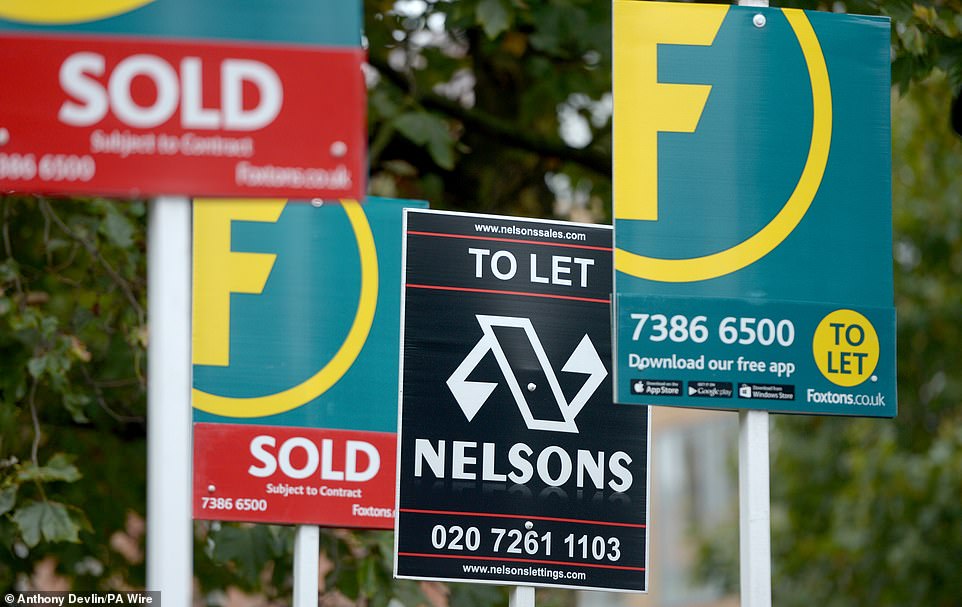
Owners of these homes have benefited from strong growth over the past couple of decades, but values are now falling thanks to low confidence in the economy, higher mortgage costs and worries about new property measures in the November Budget. In London, prices fell by 1.4 per cent in the year to October – the biggest fall across the country. Sellers in the SouthEast are listing their properties for 0.8 per cent less than this time last year while in the southwest asking prices have dropped by 1 per cent. In the East of England, prices have fallen by 0.6 per cent, Rightmove said. Rightmove measures the average price of newly-listed homes, but some homeowners are being forced to cut prices after their initial listing when properties don’t sell.
Why is the southern housing market flailing? 
Housing stock on the market has reached a decade-long high, according to Rightmove, with higher levels in the south. This means it is a buyers’ market, so those who are willing to make a move amid all the uncertainty are able to negotiate hard on price. In addition, April saw an end to the stamp duty holiday. The thresholds at which stamp duty is payable were lowered so more households now must hand over thousands of pounds to the taxman when buying their property. As households in the South are typically higher in price, the end of the holiday has particularly hit southern buyers hard, Rightmove said. Plus, buyer affordability is particularly stretched in the south where property prices tend to be higher so sellers are having to list their homes realistically to entice weary home movers.

Marc von Grundherr, director of London-based estate agents Benham and Reeves, explains: ‘While there is certainly plenty of initial interest in London, we’re not seeing as many buyers committing.‘ Mortgage rates have been largely trending downwards since the base rate began to stabilise and fall, but stubbornly high inflation continues to delay the pace of cuts that many had hoped for by now. This has left some buyers in a holding pattern, waiting for clearer signs of sustained affordability before committing.’ While prices were last year bolstered by interest rate cuts, this year has seen rates fall at a slower than expected pace as sticky inflation has crept up to 3.8 per cent. Across the country, property price tags fell by 0.1 per cent in the year to October, Rightmove reveals. However, listing prices increased by just 0.3 per cent month-on-month to £371,422.
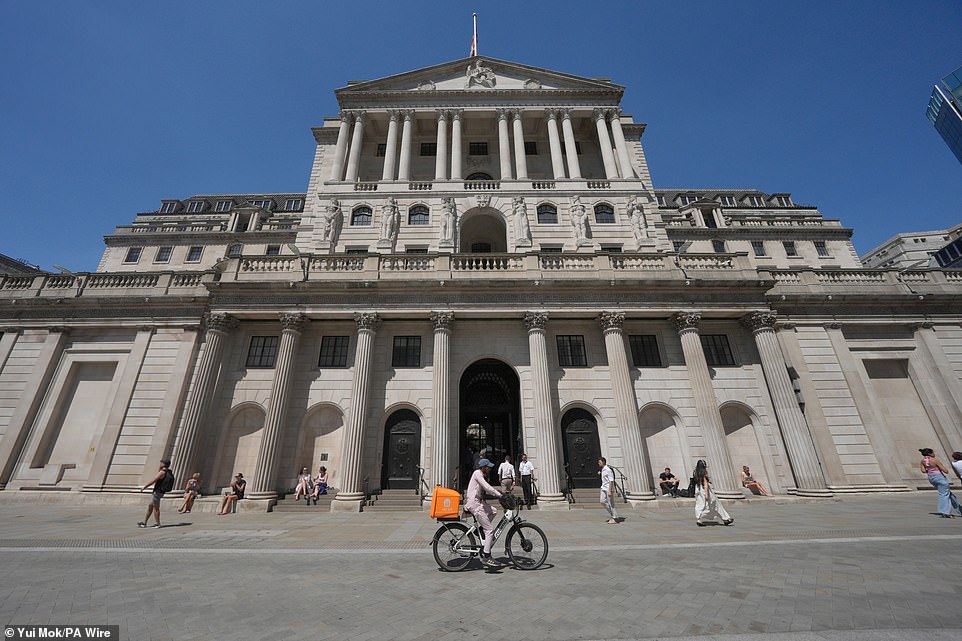
October usually benefits from an autumn price bounce of 1.1 per cent on average as the market bounces back from the quieter summer months, and some are keen to get into a new home before Christmas. However, this year has seen a much softer climb due to the droves of houses for sale. While prices this time last year were bolstered by a base rate cut from the Bank of England which boosted buyer confidence and sparked activity, buyer confidence is simply not present this year which is stagnating the market. Nathan Emerson, chief executive at industry body Propertymark, says: ‘The month-on-month slowdown reflects a market shaped by caution, price sensitivity, and political uncertainty ahead of the Autumn Budget. Affordability challenges, high property choice, and the impact of recent stamp duty changes are clearly weighing on the confidence of buyers and sellers alike, particularly in the south of England,’ he said. ‘Our member agents are reporting similar trends on the ground, with committed buyers and sellers having to act decisively and price competitively to achieve results.’

Between a lack of movement from the Bank of England’s Monetary Policy Committee and property taxation rumours swirling ahead of Chancellor Rachel Reeves’ Budget, buyers are sitting on the sidelines. Mortgage rates, too, have plateaued which has pushed away weary buyers who were hoping for more favourable borrowing terms. This lack of activity – combined with a decade high level of housing stock listed for sale – is causing prices to grow stale. Colleen Babcock, property expert at Rightmove, said: ‘We’re experiencing a decade-high level of property choice for buyers, which means that sellers who are serious about selling have had to acknowledge their limited pricing power and moderate their price expectations.’
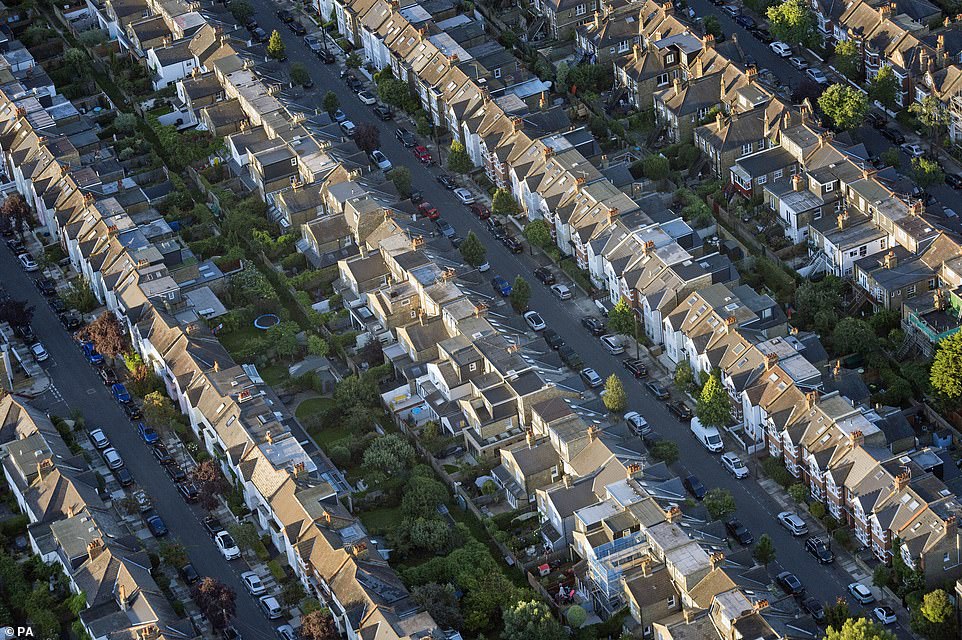
‘In addition, speculation that the Budget may increase the cost of buying or owning a property at the higher end of the market, has given some movers, particularly in the south of England, a reason to wait and see what’s announced in the Budget.’ Areas in the rest of the country saw stronger growth – the highest being a 1.9 per cent hike year-on-year in both the northwest and Yorkshire and the Humber – but the southern regions dragged the country into a fall in prices.
Budget rumours cause buyers to hold off 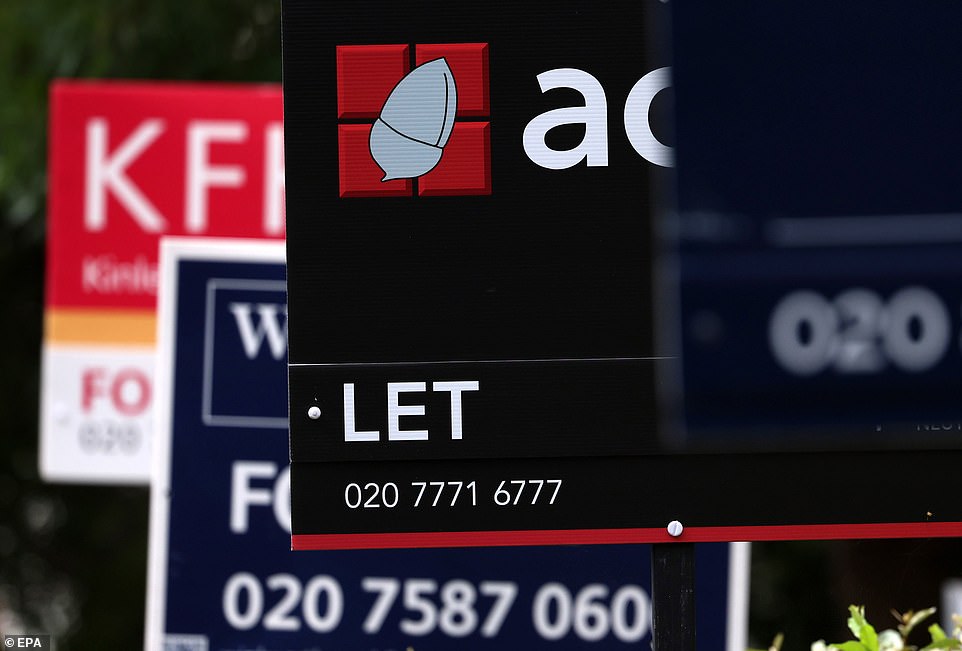
Swirling rumours of potential property taxes Rachel Reeves could announce next month are undoubtedly causing buyers to hold off their moves, which is stagnating house prices. The Chancellor could announce an overall of the stamp duty regime and replace it a property tax or even allow buyers to spread stamp duty payments over several years. Benham and Reeves’ Von Grundherr adds: ‘A great deal of the current hesitation can also be attributed to the upcoming Autumn Budget, with many buyers preferring to wait for clarity on taxation and wider economic policy before acting.’
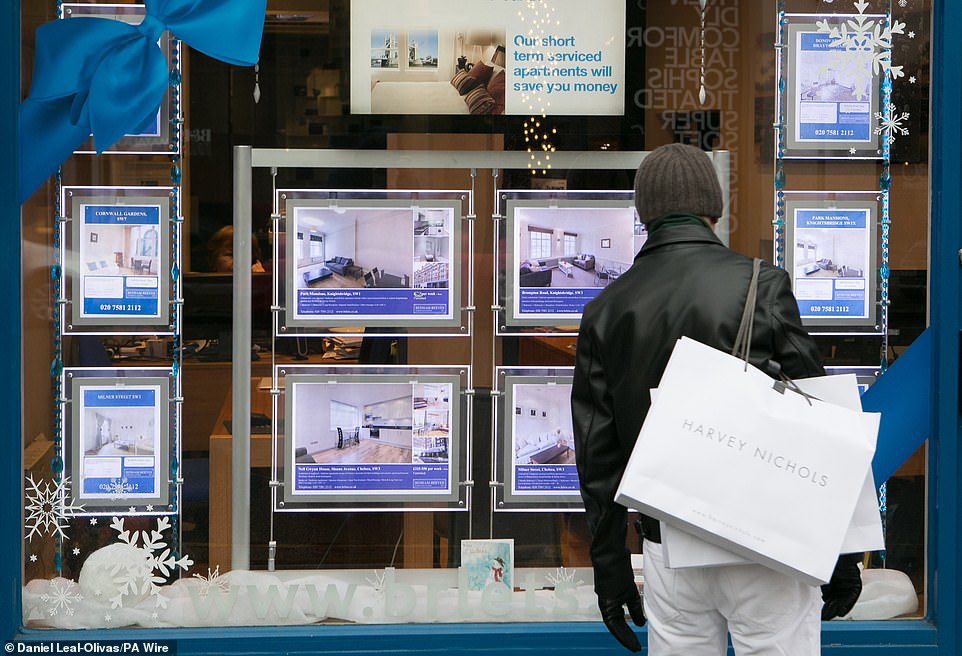
‘Once this uncertainty has passed, we expect the market to gather pace. London may be trailing the rest of the country for now, but history shows it tends to outperform once momentum builds, and we anticipate that pattern will return as confidence strengthens.’ And mortgage rates are unlikely to start trickling down until November 26, too, as lenders remain cautious. Matt Smith, of Rightmove, says: ‘Until the Budget, we’re likely to see a very quiet market with few shifts in rates, as lenders wait to see how they may be affected by any policy announcements. Average mortgage rates, particularly two-year fixed rates, are still lower than they were a year ago. Combined with flat house prices and improved lending criteria, many home-movers may find their affordability significantly improved compared with last year.’
Share or comment on this article:
Property prices decline across entire South England region